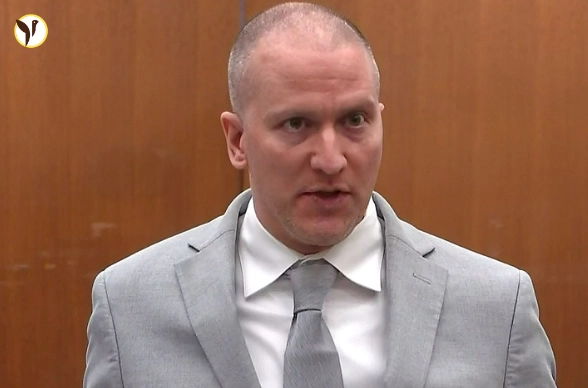The name Derek Chauvin still echoes through the hearts and minds of many. He’s the former Minneapolis police officer convicted for the murder of George Floyd — a moment that shook the world and sparked a powerful movement for racial justice. Now, years later, whispers of a possible pardon for Chauvin have resurfaced, stirring anxiety and hope in equal measure. Minnesota, still carrying the weight of that history, is preparing itself for whatever may come.
Why Are People Talking About a Pardon?
The idea of Derek Chauvin receiving a pardon has made headlines recently, fueled by rumors that former President Donald Trump might grant him clemency. Although Trump himself has denied these claims, the very thought has rattled the nerves of Minnesota leaders and citizens alike. A pardon, many fear, could undo some of the hard-won sense of justice the community felt after Chauvin’s conviction.
What’s Minnesota Doing About It?
Governor Tim Walz, Minneapolis Mayor Jacob Frey, and Attorney General Keith Ellison haven’t taken this lightly. They’re actively coordinating with police and emergency teams, ensuring everyone is ready to keep the peace. Their message is clear: no matter what happens, the safety and voice of the community will come first.
Governor Walz summed it up simply: “We must be prepared for any outcome.” That’s not just about protecting people — it’s about preserving hope and trust, which took a long time to build.
Understanding the Legal Side
There’s an important fact that can’t be ignored — even if a federal pardon were somehow granted to Derek Chauvin, it wouldn’t mean freedom from his prison sentence in Minnesota. The state’s legal system is separate, and his 22.5-year sentence would still stand strong. Attorney General Ellison has been clear: a federal pardon doesn’t erase state convictions.
This means the rumors, while worrying, might not lead to a sudden release. The law here is firm.
Why Does This Matter So Much?
For many, George Floyd’s death was a wake-up call, a tragic moment that sparked hope for change in policing and racial equality. Chauvin’s conviction was a step toward justice, a moment when many felt the system worked.
The thought of a pardon brings back pain and fear. It feels like progress could slip through our fingers. For the communities still healing, that fear is very real.
At the same time, some voices argue the trial was unfair, revealing how divided our country still is on issues of justice and race. This division makes the conversation even more delicate.
What’s Next for Minnesota?
For now, Minnesota is steady, watching closely and standing ready. The leaders are calm, focused on unity and safety. The community remains vigilant but hopeful that fairness will win out.
The story of George Floyd and Derek Chauvin is far from over. It continues to teach us about justice, healing, and the work still left to do.









